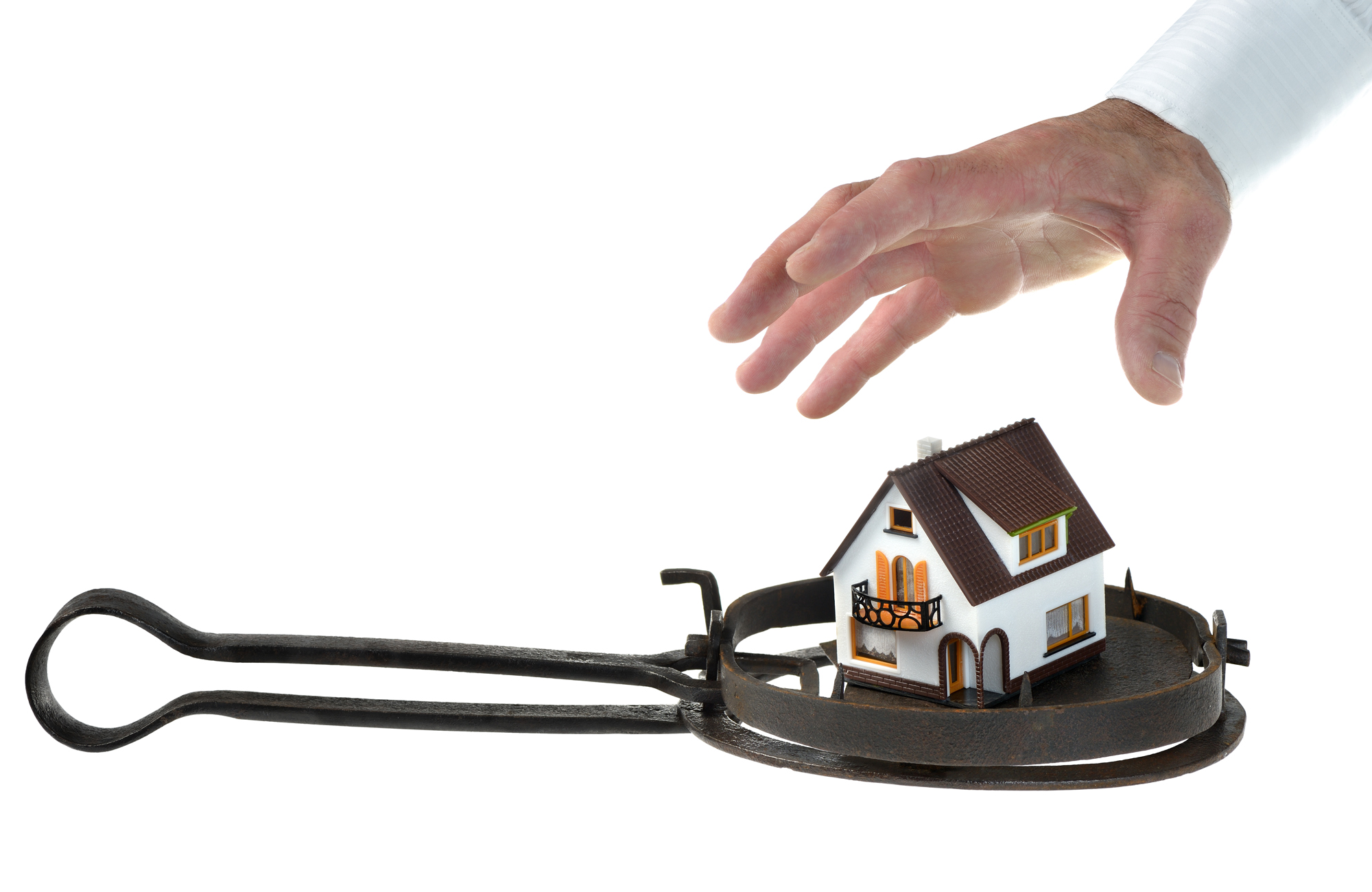When you inherit a property in Minneapolis, it can be both a blessing and a challenge, usually in an emotional time. Even though it may be difficult, it’s important to understand the legal, practical, and financial aspects of inheriting a house so that you can make informed decisions. Let’s look at tax issues, property deeds, probate, agreement among the heirs, and what an executor’s role is.

1. Understanding the probate process in Minneapolis
Probate is a legal process that proves that a deceased person’s will is valid, and then oversees the distribution of their property, including vehicles, money, jewelry, belongings, and real estate. In Minneapolis, probate is handled by the Minnesota judicial system and involves several steps:
- Filing the will: The will must be filed with probate court by the executor who is named in the will. If the will is straightforward and there are no complications, it is considered an informal probate, and can be filed without a hearing. For more complicated cases, a hearing may be needed in court. Either way, it’s advisable to hire an attorney who can guide you when inheriting a house.
- Inventory of valuables: The executor writes up a list of all the deceased’s assets, including the house and other physical property.
- Paying off taxes and debts: If the deceased owes anyone debts, or owes the government taxes, these must be paid by the executor from the estate before dividing and distributing the assets of the deceased.
- Distributing the assets: In the case of an informal probate, the assets are distributed by the executor according to the deceased’s will, or if there’s no will, by state law. In the case of formal probate, the court will distribute the assets.
2. Do all heirs have to agree about selling the property?
In Minnesota, if multiple heirs inherit a property, they must all agree on the sale. Disagreements may have to be decided in court. If a co-owner who inherits a property refuses to sell, the other co-owners can go to court to try to force a sale through a partition action.
A partition action can be complicated, time-consuming, and usually expensive with legal fees, court costs, and appraisal fees. If an heir doesn’t want to sell the property when the other heirs do, the first step should be talking with a professional mediator. Mediation is when a neutral person helps people settle a dispute by talking it out to find a solution that works for everyone.
3. Tax issues and other costs when inheriting a house
When inheriting a house in Minneapolis, you may have to pay various taxes and other fees. Understanding these details is important when dealing with an inherited property.
- Property tax: If the deceased owes property taxes, they will have to be paid before the property can be sold. In Minneapolis, property taxes are set by the local government and are paid yearly.
- Inheritance tax: If the property you inherit is in Minnesota, you won’t be charged inheritance tax. If the property is in another state, check the tax laws there.
- Capital gains tax: If you decide to sell the inherited house, you may owe capital gains tax on the profit. The IRS charges this tax on a stepped-up basis based on the increased value of the property after it is inherited. There are some possible ways to avoid capital gains tax with exemptions.
- Final income taxes: These are due on the next tax day after death.
- Transfer costs: There are deed transfer taxes of 0.33% in Minnesota, so if your inherited house is worth $100,000, you’d pay $330 in transfer taxes.
4. Transferring the property deed
Transferring a property deed in Minneapolis involves several steps:
- Get the death certificate: You will need certified copies of the deceased's death certificate. To get the certificate, print out the application, fill it out but don’t sign it, and go to the Vital Statistics Department at 300 South 6th Street, Suite A-025. There, you will sign in the presence of staff and show a valid photo ID such as a passport or your driver’s license. The first copy costs $13, and it’s $6 for each additional copy.
- File an affidavit of survivorship: If the house or property was co-owned, you may have to file an affidavit of survivorship to transfer the deed. The surviving owner should print out the affidavit, get a copy of the death certificate, fill out the form, and sign it in the presence of a notary public. Schedule an appointment at the Hennepin County Government Center to file the form, and take all documents with you.
- Transfer-on-death deed (TODD): If the deceased had a Transfer-on-Death-Deed, this must be submitted. These deeds simplify the transfer process and allow heirs to avoid probate. Complete the Minnesota TDD form and mail it to: Hennepin County Human Services – Estate Recovery, 300 South Sixth Street, Suite A-150, MC150 Minneapolis, MN 55487.
- Consult an attorney: It’s recommended to get legal advice to make sure everything is correctly filed and all necessary forms are completed.
- If the property is in a trust: The trustee will handle the transfer according to the trust's rules. This typically doesn’t go through probate.
5. Selling an inherited property
If you can’t maintain the property or if you live far away, selling an inherited house can be a smart choice. Options for how to sell an inherited house include:
- Real estate agent: You can sell the property the traditional way. Before listing, you may have to make some repairs, stage the house, and have professional photographs taken for the Multiple Listing Service (MLS) listing.
- For sale by owner (FSBO): You can avoid paying commissions by selling the property yourself. This requires performing all the duties that a real estate agent ordinarily takes on, including staging, marketing, negotiations, and completing and filing the proper documents.
- Off-market home buyer: Reputable Minneapolis off-market house-buying companies like We Buy Ugly Houses® offer quick, hassle-free sales. They typically purchase properties "as is," allowing you to avoid repairs and sell your house quickly.
6. Steps to sell an inherited house
- Appraisal and inspection: Get the house appraised to learn its market value. A pre-sale inspection is important to understand any issues the house may have.
- Make repairs and clean: If selling via a real estate agent or FSBO, repairs and updates may be needed, and a thorough cleaning will make the property more attractive to potential buyers.
- Market and list the house: Your real estate agent will list the house on the MLS, or if you’re selling FSBO, you can market the house through various platforms yourself.
- Negotiate and close: Once you receive offers, negotiate the terms and continue to closing.
7. Role of the executor in selling the house
The executor of the estate has the duty to act in the best interest of the heirs. This includes:
- Managing the property: The executor will ensure that the Minneapolis property is maintained and secure.
- Handling finances: This includes paying property taxes, mortgage payments, holding costs, and other expenses.
- Selling the property: If the decision is made to sell, the executor oversees the sale process.
- Distributing the assets to heirs: When the property is sold, the executor is responsible for correctly distributing the assets.
In Minnesota, there’s no set timeframe for the executor to sell the house. But keep in mind that the longer the house sits, the more bills need to be paid, such as insurance and taxes.
How to sell an inherited house to We Buy Ugly Houses®
Whether you choose to keep or sell your inherited Minneapolis house, the above 7 key aspects will help you make informed decisions and manage the inheritance effectively.
If the heirs decide to sell the inherited property, selling to We Buy Ugly Houses is a great option that has practical and financial benefits. We can buy your inherited house “as is” and give you a fast offer and quick closing.
Just contact us for a free, no-obligation consultation with one of our friendly Minneapolis property buyers. We’ll visit your house, take a tour, and answer your questions. We can sometimes give you an offer the same day. If you accept our offer, we may be able to close in as little as 3 weeks, or if you need more time, we’ll do our best to work with your timeline.
We Buy Ugly Houses has been in business nationwide since 1996 and has an established reputation of trust, efficiency, and amazing client care, as shown in our great seller reviews. Contact us today to learn more about how we can help with your inherited house.
This blog is for informational purposes only and should not be considered legal advice.















